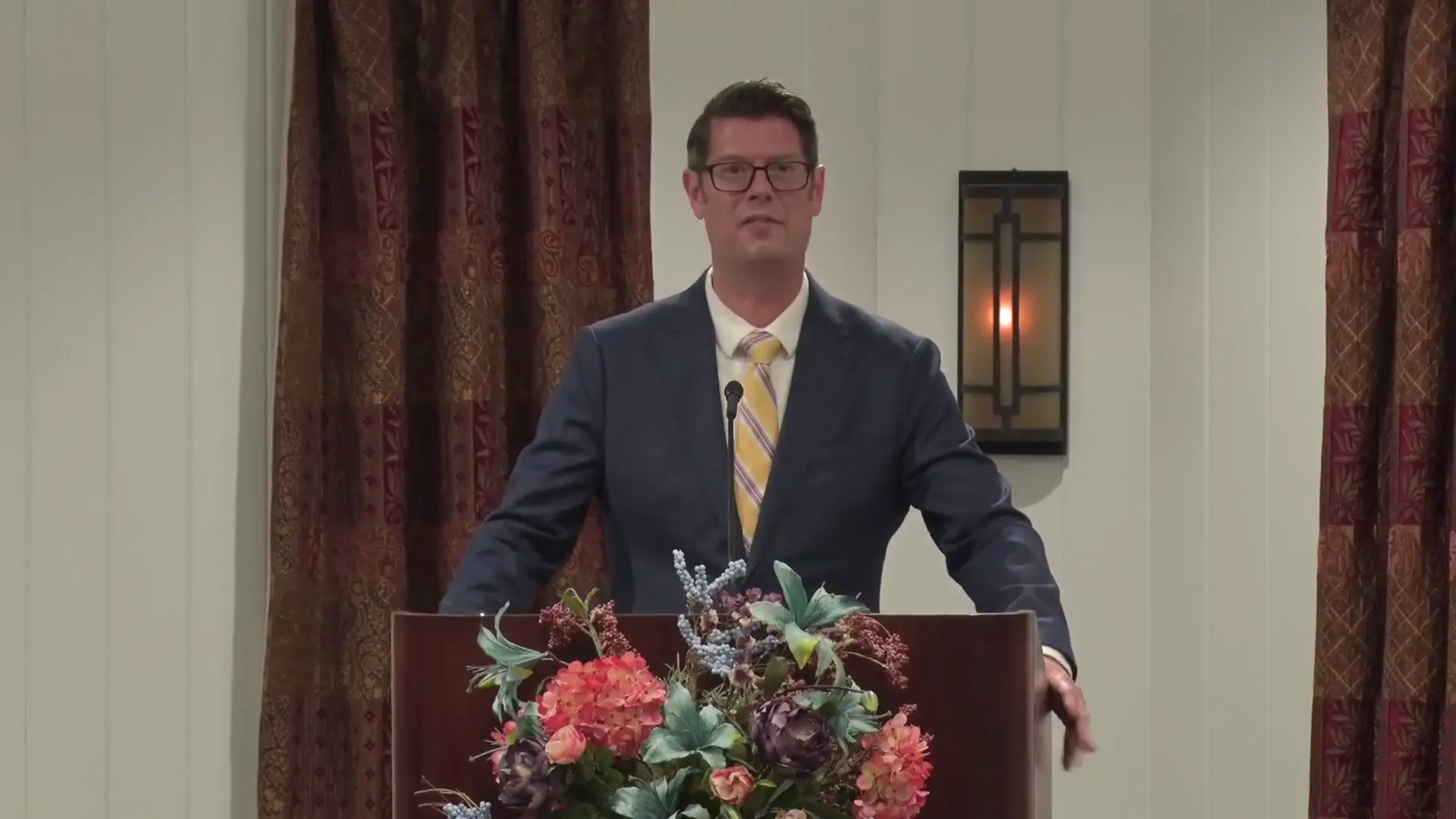Filter by Categories
Unity and Division: The Blessing and the Curse (Part Three)
'Ready Answer' by Charles WhitakerGod instructed the Israelites to divide themselves by tribes on Mount Gerizim and Mount Ebal to pronounce blessings and curses, providing lessons for us.
Are You Missing Out On Blessings?
Sermon by Martin G. CollinsOften physical prosperity works against godly character and spiritual well-being. To be rich toward God means to seek His Kingdom first, live His way, and trust Him.
Blessings We Could Have Had
Sermon by Kim MyersDespite Abraham's loyalty to God's covenant, Abraham's offspring have violated this covenant, thanklessly squandering the blessings and reaping curses.
Economics in Prophecy
'Prophecy Watch' by Richard T. RitenbaughMany doubters think that the Bible is not sophisticated enough to comment on modern ideas, but God's Word factors economics into the end-time prophecies.
Doing Righteousness
Sermon by Kim MyersGod's church, because it co-exists with the unrighteousness of the world, is in danger of becoming corrupted or leavened by the world's example.
The Miracles of Jesus Christ: Healing a Cripple by a Pool (Part Two)
Bible Study by Martin G. CollinsWicked people despise right conduct; they will ridicule it and even try to stop it because it is repugnant to them (Proverbs 29:27).
Remaining Unleavened
Article by John O. ReidWe tend to put matters behind us once we are finished with them, but we cannot afford to do this with the lessons we learn from the Days of Unleavened Bread.
Good Old Age
Sermonette by James BeaubelleAlways understanding that it is God who orders life, our success at a good life depends on our yielding to His direction. We will reap what we sow.
The Handwriting is on the Wall (2008)
Feast of Tabernacles Sermon by John W. Ritenbaugh (1932-2023)We must allow God to change our lives. The blessings and cursing principle of Deuteronomy 28 remains unchanged, applying to all who have made the covenant.
The Providence of God (Part One)
Sermon by John W. RitenbaughCalamities, trials, anxiety, evil, and calamities, as well as blessings, happen to Christians in order to become fashioned and molded into God's image.
Are You a True Friend of Jesus Christ?
Sermon by Martin G. CollinsIn every platitude and truism about friendship that we have read, all point to loyalty and faithfulness as the most desired attributes.
Job and Self-Evaluation (Part One): Job's Character
Sermon by Richard T. RitenbaughThe lessons of the book of Job, which carry distinct New Covenant insights, applies to all. Job was complete, yet had spiritually stalled.

Deuteronomy, Land Sabbaths, Atonement, and Third Tithe
Sermon by Ryan McClureWhat has come to light regarding reading Deuteronomy, the year of release, the Day of Atonement, the third tithe year, and Passover.

Prosperity's Consequences
Sermon by Martin G. CollinsProsperity is not always an emblem of God's approval. God will not prosper us if it would cause spiritual damage, insulating us from seeking His kingdom.
Malachi's Appeal to Backsliders (Part Three)
Sermon by Martin G. CollinsWe must be careful when we ask for justice, for our request might come back to bite us. Those begging for justice will indeed get what they ask for.
Joseph: A Saga of Excellence (Part Four)
Sermon by John W. RitenbaughJoseph's example proves that even the most difficult temptation can be resisted and overcome, though this skill must be developed incrementally.
Prophecy's Place
'Prophecy Watch' by Richard T. RitenbaughStudying prophecy is good, but doctrine and Christian living are far more necessary and helpful to our practicing and growing in God's way of life now.